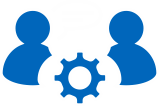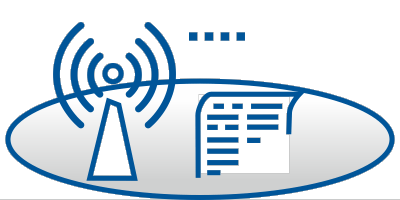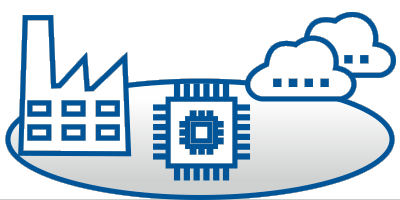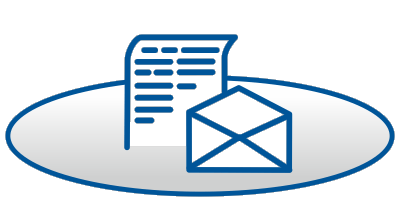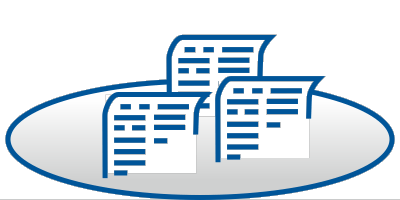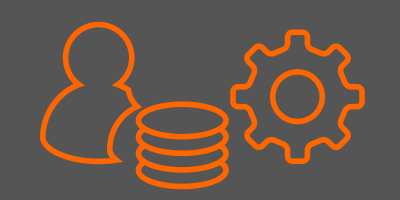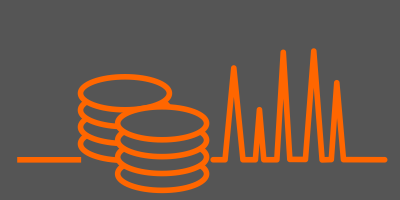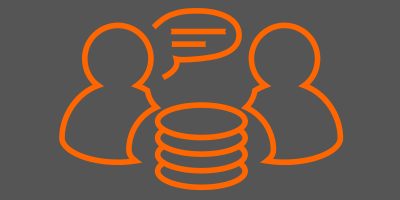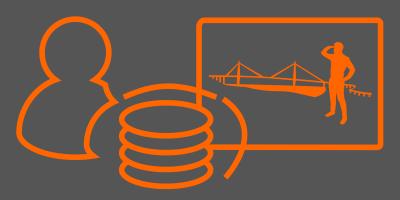IBM Informix your intelligent database for IOT
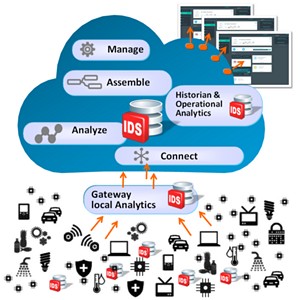
A new technology-surge comes upon IT-distributors, companies and customers. Cost-efficient sensors enable a cheap recording of measuring data in all areas of the real world. Our whole technical environment becomes increasingly measurable and analyzable, both in companies and public areas, as well as in private households.
The harvested data are a real image of actual activities and have a high value for planning- and controlling-decision, as well as for information services.
The massive appearance of sensors and autonomous devices, the local recording, storage and processing of data, together with the possibilities of a breadthways available Internet are the base of a new technologic revolution which is summed up under the term:
The Internet of Things (IoT)
Everyone who deals with the production, transport, marketing or support of any product has to deal with the Internet of Things. The Internet of Things will flow into all areas of everyday life and generate gigantic amounts of data. Now it is important to capture, store and analyze these data, integrate the harvested results in production- and decision-processes and provide them in multiple shapes as information services.
This means, that huge amounts of data from many sources with various data types and backgrounds have to be processed. Here the abilities to query and seamlessly store the multiple data of many thousands of interconnected devices are needed. Structured and unstructured data, relational transaction data, sensor data, as well as time series- and geographical data have to be related with each other and analyzed reasonably.
BigData- and Cloud-technologies provide here the first answers to the new challenges. To survive in the era of the Internet of Things, companies have to bridge the gap between the new technologies and their ancestral and existentially important ERP-enterprise-data.
Customers and consumers will increasingly demand services and performances that will be enabled by the Internet of things. The fast development of applications for providing customer specific information and service performances will be a strong competition criterion in the future.
The Internet of Things - Challenges
- The Internet of Things contains existential challenges for companies with business areas in which real measuring data already play or will play a central role.
- Sensor data will have a higher direct influence on the production,
- Automating of decisions (Trigger-Events),
- Productivity increase through process optimizing,
- Down time decrease (survey of measuring data on anomalies). - Massive amounts of data have to be recorded, saved and harnessed.
- The data appear in various shapes. Multiple data types have to be managed and analyzed in combination to each other and independent from their data organization.For a fast operative decision-making, based on the real background, companies demand the inclusion of all data, both production-based sensor-data and SQL/transaction-data of ERP-systems. This means, that for an analysis different data types (transaction-data, sensor-data, timeline-, geo-data, structured and unstructured data) have to be connected.
- Companies have to be able to offer services fast and flexibly on the base of the IoT. New service- and information-performances will be expected by the customers – individualized and in real-time.
- The Requirements for all this are the in a cloud or on a server hosted database technologies for connecting the data of devices and sensors through local gateways with the new applications.
How does the IoT’s technology look like?
The Internet of Things can be divided into three different levels:
- Devices/sensors
Entities of data recording, starting from RFID labels up to autonomous measuring stations with own data (pre-)processing. - Gateway
Intercalated assembler for devices/sensors which serves the concentration and processing of data. At the gateway data can be collected, filtered and consolidated for real-time analyzes and local decision-making. Gateways bundle the access to the internet for the beneath located devices and reduce the data transfer to the server to the relevant information. If data management on an enterprise server would be exaggerated or was unwanted in a cloud, gateways could be used for IoT services. They can reduce the cost for data management on the servers and in the cloud. - Server/Cloud
The actual data management as a base for all IoT analyzes and the supply of IoT Services
IBM Informix is ideal for the Internet of Things
- Informix is the database of the enterprise class which can used continuously on all levels of the IoT.
- Smallest installation sizes (from 70MB) reduce the database system on a device-suitable size.
- Low demands on the CPU performance are a further requirement for the use on the device level. Informix supports ARM and Intel technology to drive embedded databases in devices and gateways.
- Informix is a hybrid database and supports multiple data types (timeline and geo-data native, structured SQL-data and NoSQL-data).
- Therefor Informix is the database substructure for local analyzes in devices and gateways. Informix enables real-time analyzes and decision-making on a local level, which makes high-speed recording and real-time analyzes of streaming and time-based data possible.
- Informix prepares the data in the devices or in the gateway cloud-ready. Through embedded database filters, consolidating of data and local analyzes only required data will be sent to the cloud or the server.
- Many companies use Informix as high-end OLTP enterprise-server. It has the capability to process an enterprises whole data and bridges the gap between relational database systems and the new for Big Data, Cloud and NoSQL designed computer technologies.
- Easy to use tools, a rich set of APIs and hybrid application possibilities allow developers to use multiple data types (SQL, NoSQL, TimeSeries, Spatial) for developing quickly web- and mobile applications.
IBM Informix is the most intelligent database of choice for the IoT – Cloud-ready, localy embeddable into gateways and devices, with the unique abilities of an enterprise database system. With IBM provides with Bluemix a platform for developers for quick developments of APIs for new requirements and services. (jst-06-2014)
More informations about Informix and IoT you can find in the Chat with the Lab: „Enterprise Data Management for the Internet-of-Things (IoT)






